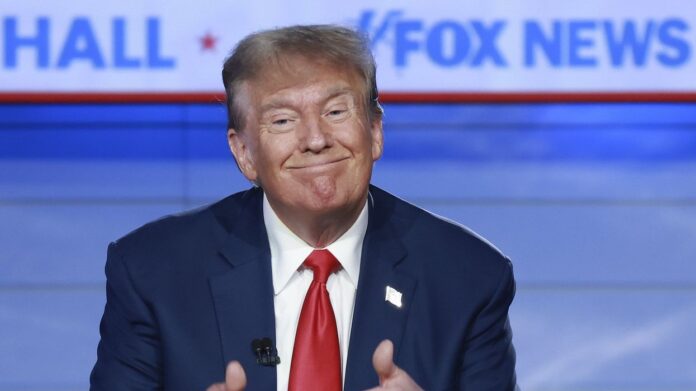Key Falsehoods or Claims: The article does not directly discuss specific falsehoods or conspiracy theories told by Donald Trump. Instead, it focuses on the relationship between Trump and a former conspiracy theorist podcaster who is now the FBI’s Deputy Director.
Source: Slate is known for its left-leaning bias, but it also provides in-depth analysis and reporting on political and social issues.
Analysis: The article highlights the concerning connection between the former podcaster and Trump, raising questions about the influence of conspiracy theories within the highest levels of government. While it doesn’t directly address specific falsehoods or their impact on public opinion, it underscores the potential threat to democracy when individuals who have promoted conspiracy theories are in positions of power.
The article poses a threat to our democracy by raising concerns about the potential influence of conspiracy theories on decision-making within law enforcement and government. It also underscores the importance of critical media literacy in a society where misinformation can quickly spread and influence public opinion.
Hypothetical public reactions or political outcomes: Hypothetically, the public may react with increased skepticism towards law enforcement and government institutions if it becomes widely known that individuals who have promoted conspiracy theories are in positions of authority. This could lead to decreased trust in these institutions and foster a climate of distrust and suspicion.
Recommendations for further reading: For further reading on the influence of media and misinformation on public opinion, reputable sources such as The Washington Post’s coverage on media influence and the Poynter Institute’s research on misinformation studies can provide valuable insights.
Source link
Redirect URL
